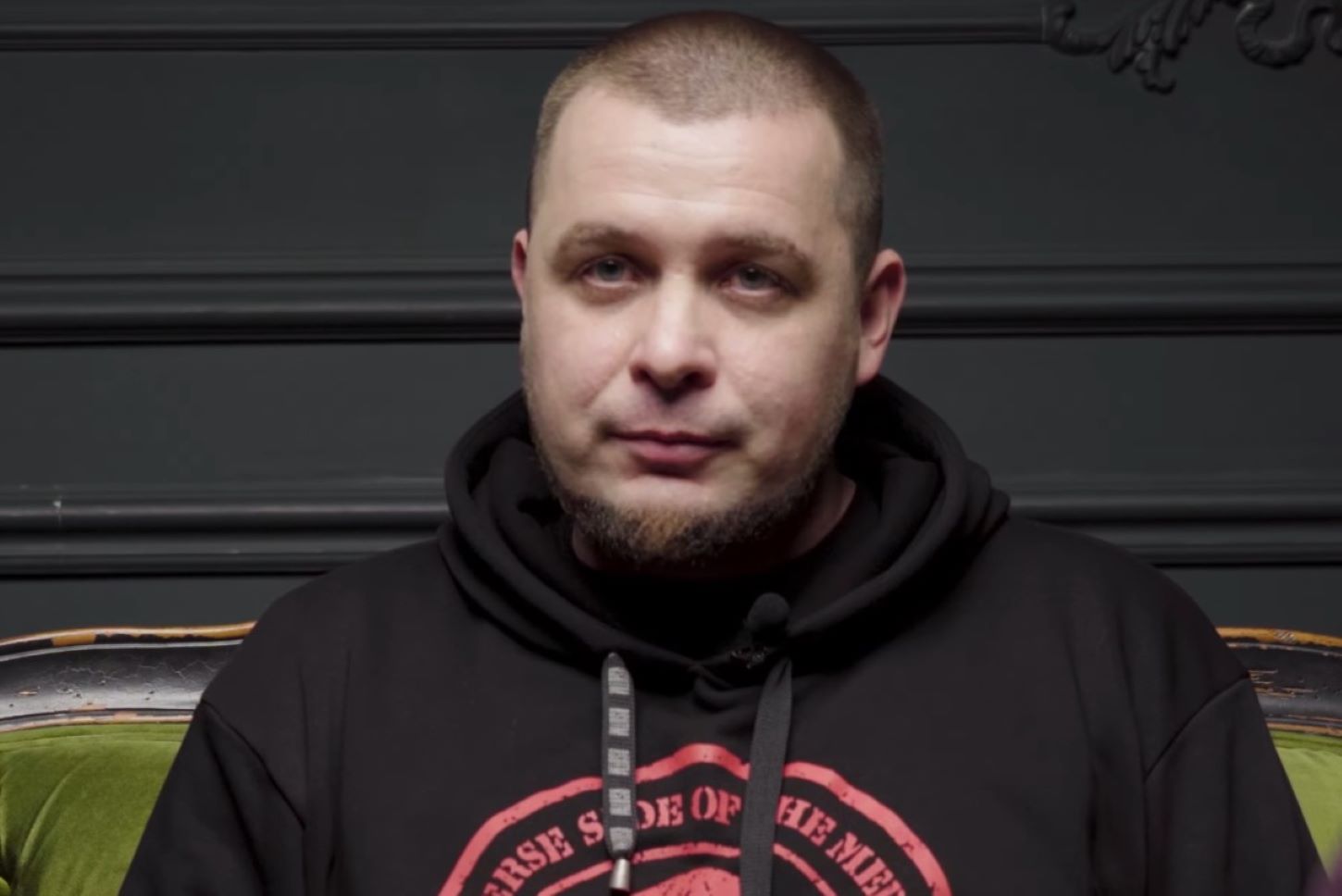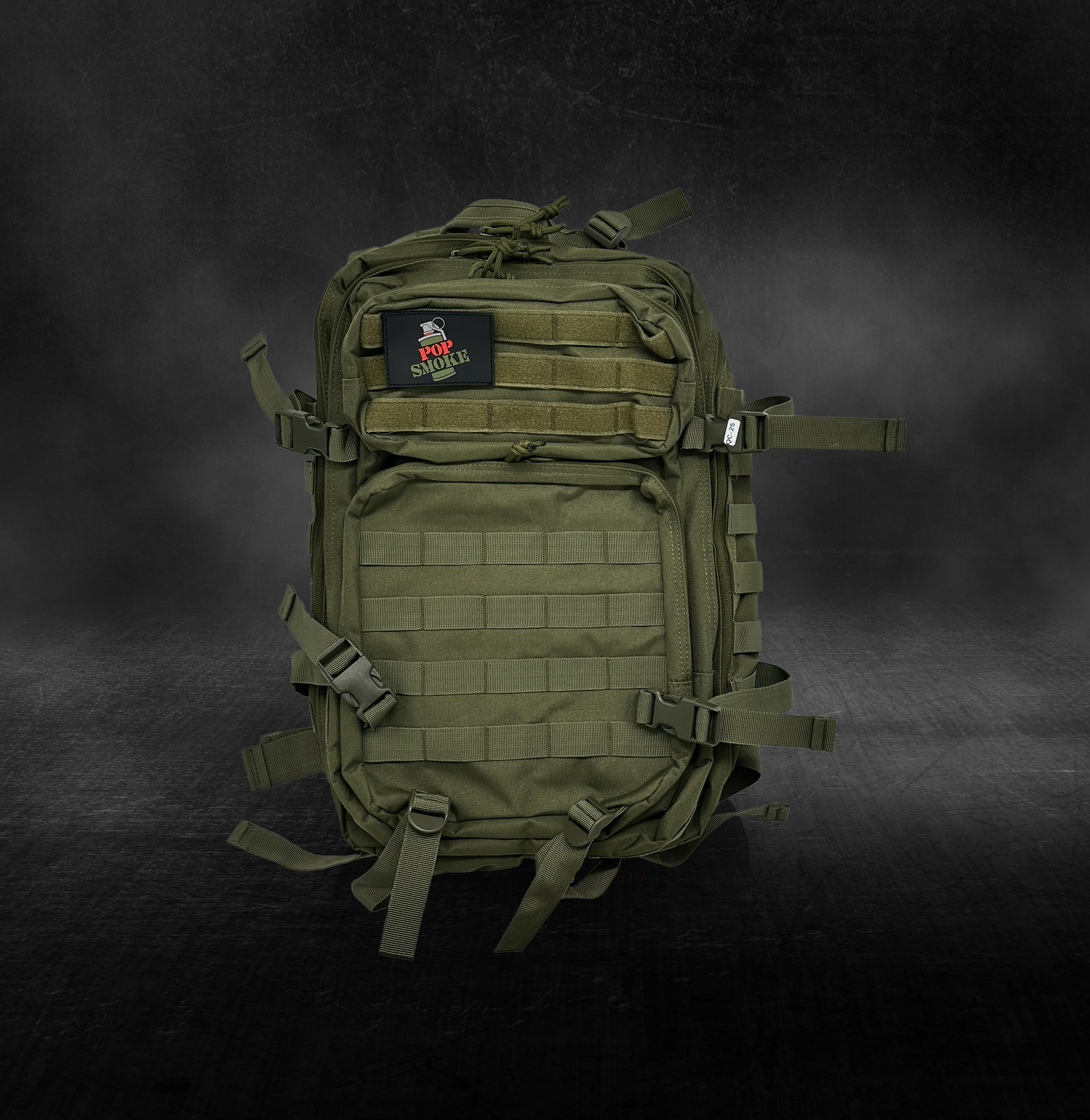Russia's military bloggers: A powerful propaganda tool
Military bloggers rose to prominence during 2014 armed rebellion in Ukraine’s Donbas region, gained popularity following Russia’s invasion of country in 2022, supplement state-run media

The killing of Vladlen Tatarsky, a military blogger who had a pro-war and ultranationalist perspective, with over half a million subscribers on Telegram, brought attention to the role of the often-overlooked patriotic Russian military bloggers.
These bloggers rose to prominence during the 2014 armed rebellion in Ukraine’s Donbas region and further gained popularity following Russia’s invasion of Ukraine in 2022.

The bloggers supplement state-run media and offer largely unfiltered updates, including maps, pictures, and videos, often accompanied by written analysis, as well as nuanced discussions on international and domestic news relating to Russia or the war effort.
Often critical of the Kremlin, the “mil-bloggers” are able to supplement the often sugarcoated war stories broadcast on state-run television and blame the military for setbacks rather than Putin.
The Russian bloggers offer unfiltered updates and eyewitness accounts, which has transformed them into popular sources of information. They are becoming an increasingly prominent factor in Russian domestic affairs and the information space.
Many bloggers have deep connections to the military or are veterans, with some even affiliated with mercenary company Wagner Group, like Tatarsky. The most popular blogger accounts include Rybar, with more than a million subscribers, Igor Girkin, Reverse Side of the Medal, and The Grey Zone. The Russian bloggers offer unfiltered updates and eyewitness accounts, which has transformed them into popular sources of information.
However, they are careful not to cross the line, usually targeting the Ministry of Defense or Kremlin officials but not Putin himself. They protect Putin from blame for setbacks on the battlefield and keep their criticism focused on military leadership rather than Putin himself. Despite this, Putin has elevated some of these bloggers by offering them television appearances and even appointed some to working groups.
They are also able to help with pro-war information, recruitment drives, and crowdfunding campaigns to support the war.
Tatarsky played a significant role in the evolution of Russia’s military bloggers, advancing the pro-war message and proliferating radical political messages from the Kremlin. He was known for his inflammatory rhetoric.
As long as Putin sees their value, these bloggers are likely to remain a central cog in Russia’s propaganda machine.
While their influence should not be overstated, these patriotic military bloggers are becoming an increasingly prominent factor in Russian domestic affairs and the information space
















Conversation